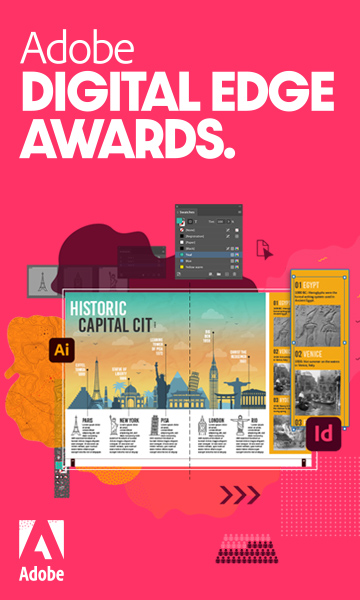
The Adobe Digital Literacy Forum highlighted the requirement for new teaching philosophies to prepare graduates for lifelong learning
Held on 25 June at the Leonardo Royal Hotel London City, the 2019 Adobe Digital Literacy Forum opened with the Minerva Project’s managing director of strategic partnerships, Sharan Singh, placing the issue of digital literacy within the context of employment.
Graduates must be attuned to the protean nature of a digital world. “It is not just skills that are delivered in higher education but a mindset and a personality, and a hunger and appetite for lifelong learning,” said Mr Singh. “What employers are looking for are problem solvers and problem finders. They are hiring for attitude and will train for skill, and they are interested in how well we will ask questions.”
Higher education must be conversant in the internet of things, he continued. Tens of billions of devices will be online and interconnected globally by the 5G network. Are universities ready? Mr Singh thinks not. Digital bootcamps are not enough, he argued. A change in teaching culture is needed – a theme that was picked up in the forum’s morning panel discussion.
Chaired by Times Higher Education news editor Chris Havergal, the panel assembled under the rubric “How are digital skills redefining creativity and lifelong learning?” and began by discussing whether we need to be teaching students in a different way. Neil Morris, chair in educational technology, innovation and change at the University of Leeds, said that not all students share the same level of digital literacy. Students have a heightened confidence in the digital space that is not necessarily matched by their competence.
“Whilst they might be very familiar with social media and their use of that, when they come to university and try to translate those tools into an educational environment they really struggle to understand the value that these technologies can have for their learning,” said Professor Morris. “Universities definitely have a responsibility to provide that training and I think we should talk about why universities are not doing that.”
Todd Taylor, former Eliason distinguished professor of English and comparative literature at the University of North Carolina at Chapel Hill, argued that universities must make students co-producers rather than consumers of education and introduce experiential pedagogies to develop “habits of mind” to prepare students for lifelong learning. “It has to be a wholesale examination of education,” said Professor Taylor, adding that the lecture is no longer seen as the primary mode of teaching.
Professor Morris noted that digital literacy had to be improved among university staff also, but that there is often resistance from faculty. Sue Bennett, technology in education innovator at the University of Wollongong, believes that her staff just needed “permission” to embrace new pedagogies. A revised assessment regime has resulted in Wollongong moving away from more traditional formats of assessment. “That’s allowed us to change our pedagogical regime, so we teach our classes quite differently,” said Professor Bennett. “Digital literacy has become embedded with all these other sorts of improved assessment literacies and trying to get our students to be more self-directed, self-regulated in their learning through different forms of assessment.”
Sam Smidt, academic director at UCL Arena Centre, said teaching has to come first. Universities were all too often seduced by a new technology’s potential. “I think it’s finding those places where you can see what the technology can really add to the pedagogy and really putting your investment there,” she said. “At UCL, one of the experiments we had was using virtual reality to give trainee doctors the opportunity to practise difficult conversations about child protection.”
Sir Anthony Seldon, vice-chancellor of the University of Buckingham, said that universities are yet to come to terms with the scale and pace of the 4.0 revolution. “As the THE survey showed earlier this year, 59 per cent have not got an AI strategy,” he said, adding that the UK higher education sector’s strategy for enhancing digital literacy was an urgent question of leadership priorities. “I would be spending less money on new buildings and more money investing in staff, investing in students, because this is going to be more and more important. There is something really unpleasant about the arms race on buildings. Staff need to understand how extraordinary the 4.0 revolution is. We need to wake up and smell the silicon.”
Find out more about Adobe’s solutions for higher education.



























